
- #China
- #North Korea
- #US Foreign Policy
- #US-ROK Alliance
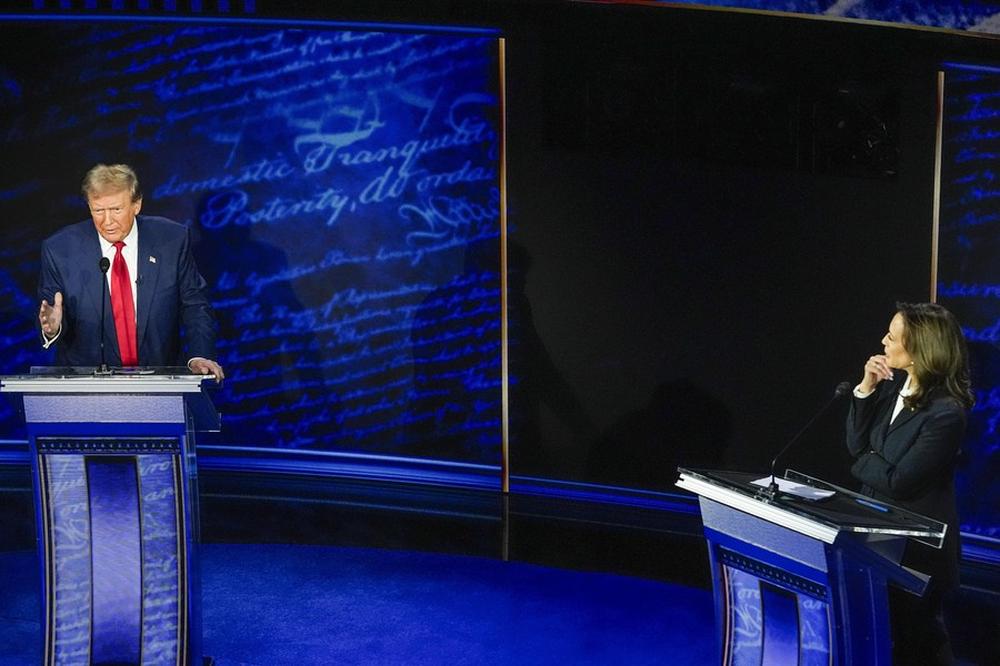
▶ US Public Opinion on US-ROK Alliance: The KEI/YouGov poll shows bipartisan support for the US-ROK alliance, with a majority agreeing that US-South Korea cooperation benefits national security and trade, although Harris supporters emphasize trade more than Trump supporters.
▶ Differences in Foreign Policy Priorities: Trump supporters prioritize countering China, while Harris supporters focus more on trade and economic cooperation in East Asia. Both groups agree on the importance of defending allies, but differ on global issues like climate change and human rights.
▶ Shared Views on North Korea: Both Harris and Trump supporters agree that North Korea's nuclear disarmament is crucial. However, Trump supporters show less support for providing humanitarian aid to North Korea compared to Harris supporters.
This year’s US presidential election looks as competitive as ever with both leading candidates running neck-to-neck with less than one month to go till the winner is decided. Although the outcome is difficult to predict, the latest public opinion survey provides some useful insights into the baseline expectations of American voters with respect to the next administration’s overall approach to foreign policy and alliance relationships. Although US foreign policy decision making is largely dominated by elites, public opinion sways and, at times, even constrains or shapes leadership decision making that are consequential to public interest. In this overview, which is largely adapted from a more complete report released by KEI,[i] I highlight the contours of American public opinion on US foreign policy as it relates to the two leading candidates in this year’s US presidential election and outline the interests of American voters with respect to East Asia and South Korea. I conclude by suggesting some implications that can be drawn about US-Korea relations from this analysis.
Recent survey data from KEI/YouGov, which was collected during September 3 to 13, 2024, suggests that support for the alliance remains broadly bipartisan even though there are some differences in emphasis as to what types of issues the American public would like to see the United States and South Korea cooperate on. The data consists of matched and weighted sample of 1,184 adults taken from a YouGov US panel of about 6.6 million people. The margin of error is +/- 3.22 percent at 95 percent confidence level.
The State of the Race
Consistent with the national survey data on the US presidential election, the KEI/YouGov poll shows Kamala Harris (44 percent) in a near dead heat with Donald J. Trump (42 percent). Approximately 93 percent of Republicans and 39 percent of Independents endorsed Trump, while 88 percent of Democrats and 37 percent of Independents aligned with Harris. Most of the respondents appear to have made up their minds with only about 5 percent stating that they are “undecided.”
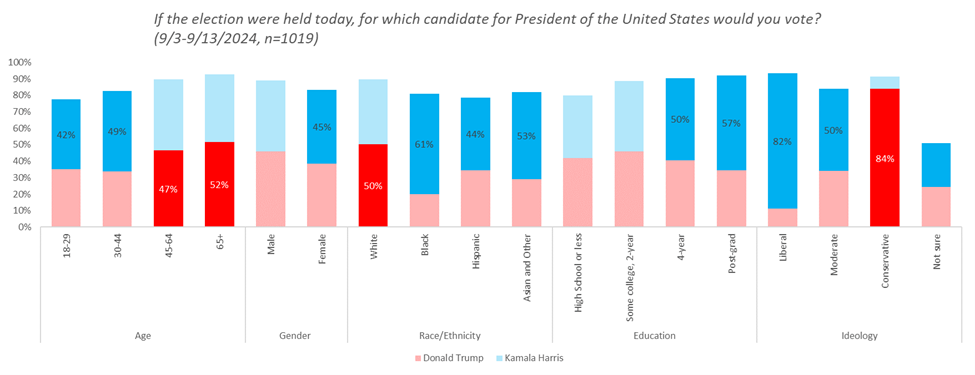
Figure 1. Base of Support for Harris and Trump.
The survey data shows Harris with a stronger following among respondents under 44 years of age, women, and minority race/ethnicity that have four years or more of college education (Figure 1). Trump, on the other hand, was a clear favorite among White voters and individuals over the age of 45.
Views on Foreign Policy
Although the makeup of supporters for the two leading candidates are different, there was relatively little difference in their views on many issues related to foreign policy, national security, and trade. For instance, supporters for both Harris and Trump saw China, Russia, Iran, North Korea, Israel, and Ukraine (Figure 2) as the leading “critical foreign policy challenge for the United States.” There was some difference with Trump’s base of support base showing greater concern about China than individuals aligned with Harris.
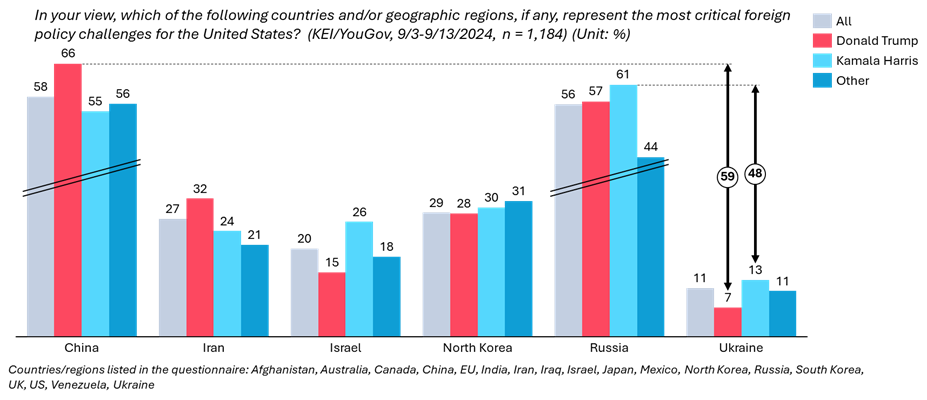
Figure 2. Critical Foreign Policy Challenge for the United States, 2024.
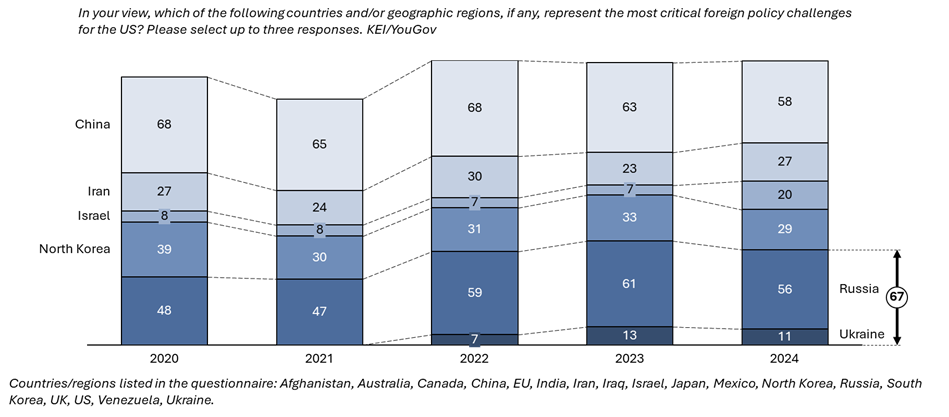
Figure 3. Critical Foreign Policy Challenge, 2020-2024.
There was some partisan differences regarding Ukraine, with Trump supporters expressing less concern about this issue than Harris supporters. But the data shows that respondents tend to link Russia to the Ukraine issue. For instance, past KEI/YouGov annual data shows that the number of people who saw Russia as a foreign policy challenge increased from 47 percent in 2021 to 59 percent in 2022—the year of Russia’s invasion of Ukraine (Figure 3).
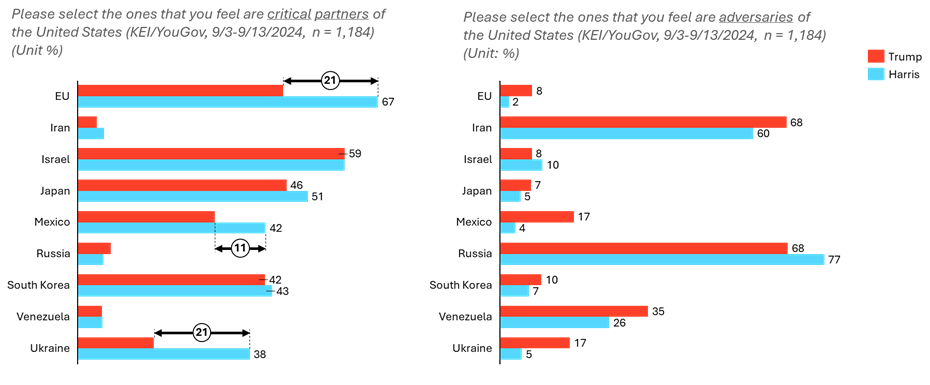
Figure 4. Critical Partners vs. Adversaries by Country and Region, 2024.
With respect to perceptions regarding possible cooperation or conflict with other countries, the survey asked respondents to identify “critical partners” and “adversaries.” Although followers for both Trump and Harris tended to see countries like South Korea, Japan, and Israel as more partners than adversaries, there were some notable differences with countries like Mexico and Ukraine as well as a region like the EU. In all these instances, Trump supporters compared to Harris supporters tended to see these countries as less “partners” than “adversaries.” This appears consistent with reports that show how Trump-aligned Republicans tend to see Mexico,[i] Ukraine, and Europe.[ii]
East Asia and the US-ROK Alliance
Americans aligned with Trump appear to have a different approach compared to those aligned with Harris regarding East Asia and the Indo-Pacific. When asked to choose the most important interest for the United States in East Asia, nearly 42 percent of Trump supporters chose countering China’s rise as the most important priority, while 41 percent of Harris supporters prioritized trade and economy. After these two major priorities, defending US friends and allies came next for both Harris and Trump supporters.
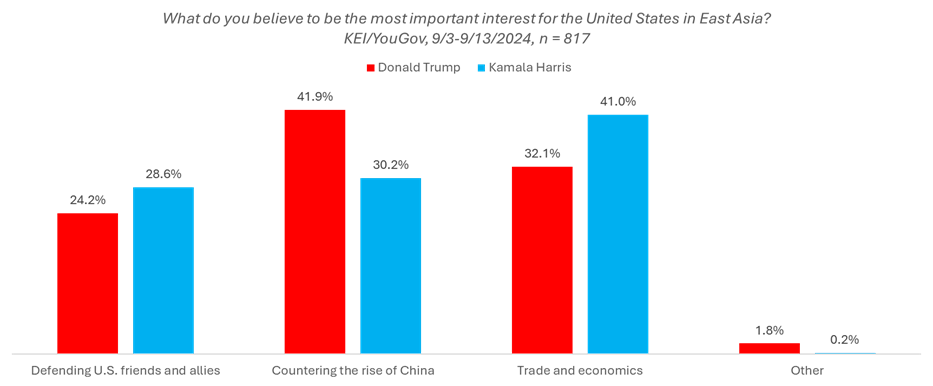
Figure 5. Views on East Asia
Regarding the US-ROK alliance, more than two-thirds of supporters of both Harris and Trump agreed that the US-ROK alliance is in the interest of US national security, US-ROK trade is beneficial to the United States, and US troops on the Korean Peninsula should be maintained or increased. There were, however, some differences in the relative magnitude of this support. For instance, Harris supporters were more likely than Trump supporters to view the US-ROK trade relationship as beneficial and appreciate the impact of the alliance on US national interests.
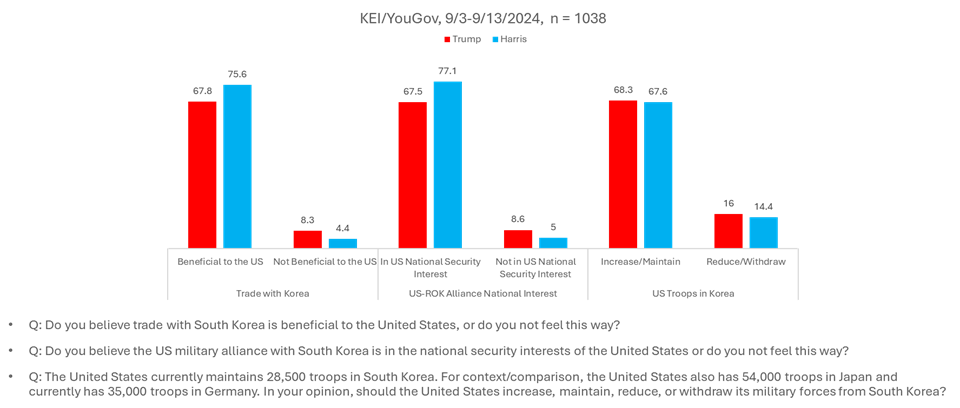
Figure 6. Views on US-ROK Alliance
One interesting finding is that Trump supporters appear to favor a more focused view of alliance cooperation than Harris supporters. On average, 42.8 percent of Trump supporters thought the United States and South Korea should cooperate on technology, developing international trade rules, and supply chains, and 48.7 percent pointed to North Korea and security in East Asia and the Indo-Pacific. Only 26.7 percent supported alliance cooperation on global health and human rights and 17.3 percent on climate change.
Voters aligned with Harris tended to be more supportive of bilateral cooperation between the United States and South Korea on a wider range of issues. For instance, on matters that both groups thought were equally important, such as security in East Asia and North Korea, Harris supporters tended to favor cooperation by 6 to 8 percentage points more than those supporting Trump. Similar to Trump supporters, Harris supporters also prioritized technology, the development of international trade rules, and supply chains. But unlike Trump supporters, they were more supportive of cooperation on non-traditional security issues like global human rights, global health, and climate change.
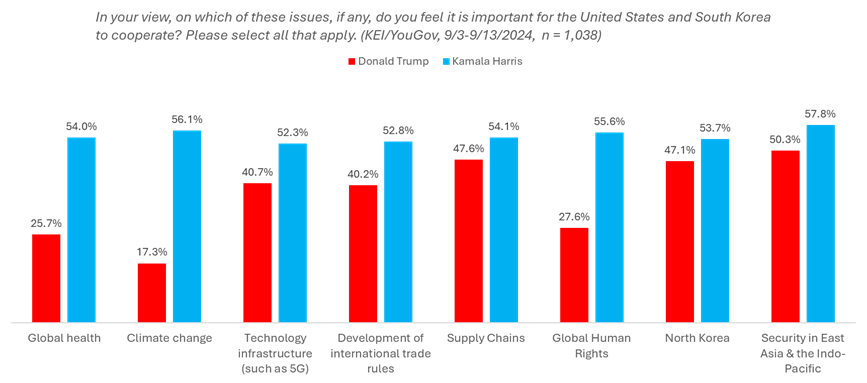
Figure 7. Areas where the US and ROK Can Cooperate.
A similar ordering and contrast of policy priorities is apparent regarding US-ROK-Japan trilateral cooperation. Trump supporters are more likely to favor cooperation on technology (65 percent), supply chains (71 percent), the development of international trade rules (54 percent), North Korea (45 percent), and security in East Asia and the Indo-Pacific (69 percent). Meanwhile, global health (22 percent), human rights (15 percent), and climate change (11 percent) are at the bottom of this list. Harris supporters favor cooperation in all of these areas at a higher level.
North Korea
There was little difference in the relative policy positions between Harris and Trump supporters on North Korea. Individuals aligned with both Harris and Trump had an unfavorable view of North Korea. Both sides also agreed that North Korea giving up “its military nuclear capabilities” is important. This consensus suggests that any negotiated compromise involving North Korea under either a Harris or Trump administration may be perceived as a political failure if there is no progress on the nuclear issue with respect to North Korea.
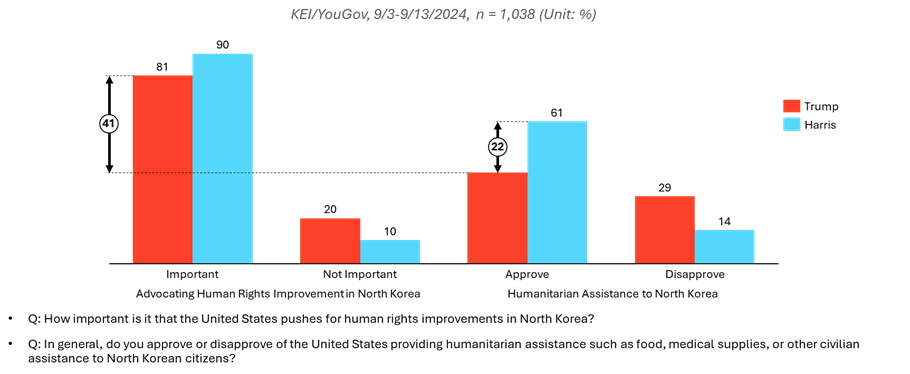
Figure 8. Human Rights vs. Humanitarian Assistance in North Korea
Another difference between Harris and Trump supporters relates to the topic of North Korean human rights and humanitarian assistance. For Trump supporters, allocating humanitarian aid to North Korea was less acceptable (40 percent) than advocating for improved human rights in North Korea (81 percent). Although there was a similar difference in allocating humanitarian aid for North Korea (61 percent) versus advocating for human rights improvement in North Korea (90 percent) among individuals aligned with Harris, their support for humanitarian assistance was significantly higher than that of Trump supporters.
Conclusion
In general, both Harris and Trump supporters place a high premium on the US-ROK alliance and East Asia. This should not be taken for granted given all other pressing matters in Middle East and Ukraine. American voters seem to understand the importance of the challenge in East Asia and the role that the alliance network plays to help the US succeed in this theatre. Although at least one candidate has emphasized the need for better arrangements on trade and burden sharing with respect to US troop deployments around the world, the above survey data reveals that Americans generally favor the existing arrangement in these areas with respect to South Korea. While public opinion may not be the sole factor that affects decisions regarding US foreign policy, leaders will have to weigh in the political implications of their choice as they think about US national interest given the nature and history of American democracy.
[i] See “American Public Opinion on US Foreign Policy in a Transitioning World: Implications for East Asia and Korea.” KEI Public Opinion Series. October 2024. https://keia.org/publication/2024-report-on-american-attitudes-toward-the-korean-peninsula/
[ii] Dina Smeltz and Craig Kafura, “How Trump and Non-Trump Republicans Differ on Immigration,” Chicago Council on Global Affairs, January 19, 2024, https://globalaffairs.org/research/public-opinion-survey/how-trump-and-non-trump-republicans-differ-immigration; Jean Guerrero, “For Republicans, ‘Bomb the Mexicans’ Is the New ‘Build the Wall,’” Los Angeles Times, June 30, 2023, www.latimes.com/opinion/story/2023-06-30/gop-conservatives-republicans-desantis-trump-mexico-fentanyl.
[iii] Jonathan J. Cooper, “Trump Says Ukraine is ‘demolished’ and Dismisses its Defense Against Russia’s Invasion,” Associated Press, September 25, 2024, https://apnews.com/article/donald-trump-ukraine-putin-zelenskyy-0f4d539aa73a943474d779716e5fe42a; Amber Phillips, “’They’re Rapists.’ President Trump’s Campaign Launch Speech Two Years Later, Annotated,” Washington Post, June 16, 2017, www.washingtonpost.com/news/the-fix/wp/2017/06/16/theyre-rapists-presidents-trump-campaign-launch-speech-two-years-later-annotated/; Kristine Berzina, “Two Views of Europe: Transatlantic Security Looms Large in the Trump-Harris Debate,” German Marshall Fund, September 18, 2024, www.gmfus.org/news/two-views-europe-transatlantic-security-looms-large-trump-harris-debate.

Dr. Je Heon (James) Kim is the Interim Director at the Korea Economic Institute of America (KEI) in Washington, DC. He also serves as a Lecturer in the Executive Master of Public Policy and Administration Program at Columbia University. Previously, he was the Senior Research Fellow and Director of the Center for Regional Studies and the Center for Public Opinion Research at the Asan Institute for Policy Studies in Seoul, South Korea, where he also directed the institute’s Washington, DC office. From 2008 to 2012, he was an Assistant Professor of Political Science at California State Polytechnic University (Pomona). His career also includes roles as a Summer Research Associate at the RAND Corporation and a Statistical Consultant for the Institute for Social and Economic Research and Planning at the School of International and Public Affairs at Columbia University. His primary research interests include domestic drivers of foreign policy, political economy, methodology, and public opinion. Dr. Kim earned a BS and MS in Industrial and Labor Relations from Cornell University and a PhD in Political Science from Columbia University.